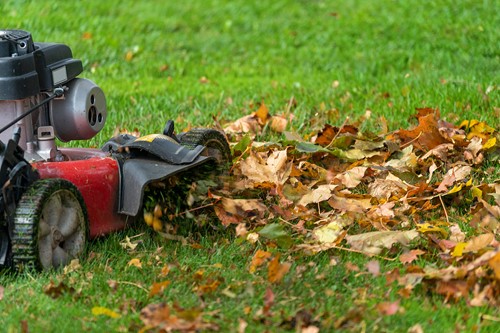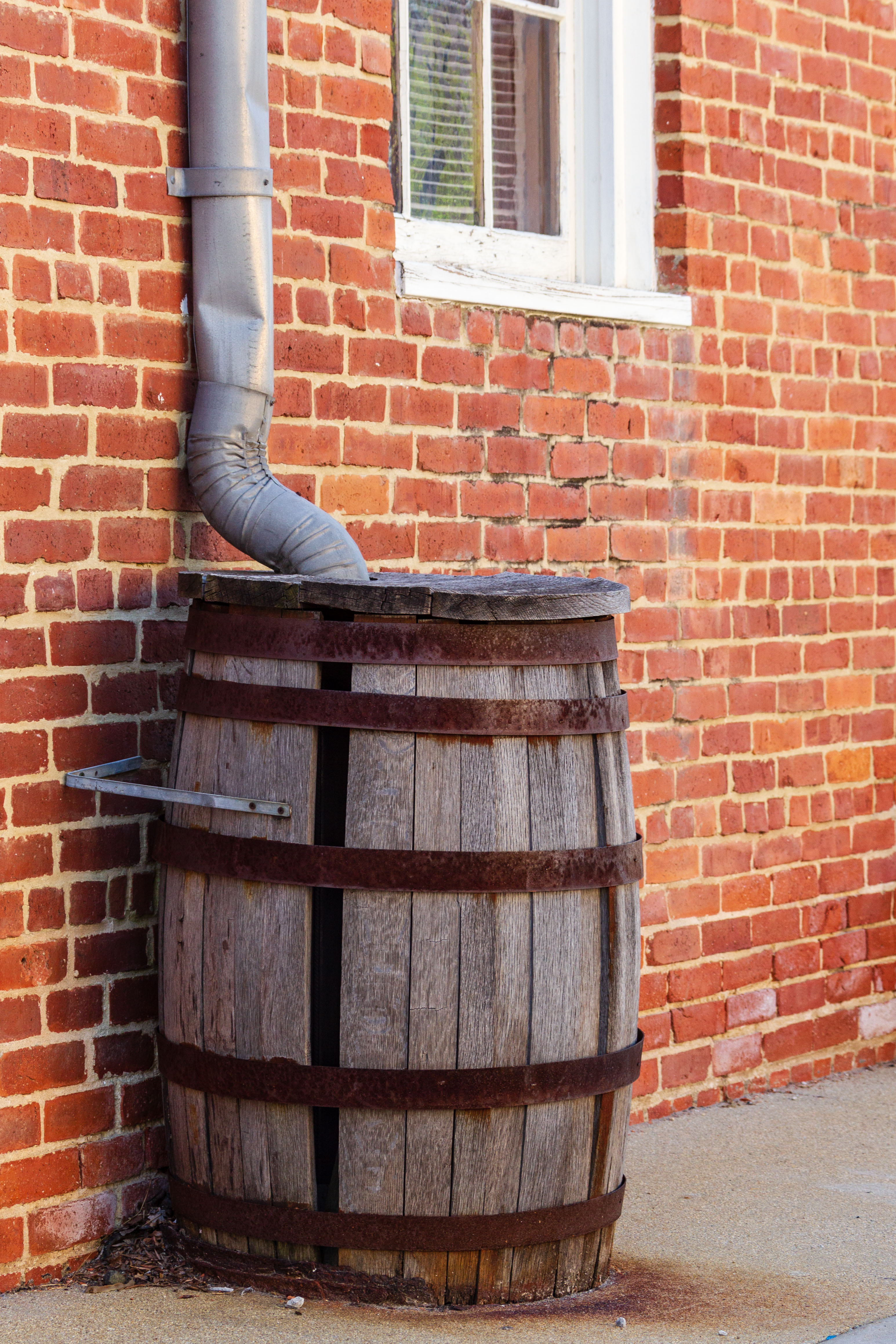When we overwater our lawns, the excess water carries pollution into storm drains and ditches that lead directly to our rivers and lakes. In fact, did you know that each of us uses 77 gallons of water a day?
Water wisely. Generally, your lawn needs about an inch of water a week. Overwatering lawns results in shallow-rooted plants that are less tolerant of heat and drought, and more prone to disease. Avoid overwatering by using a rain gauge and watering only, when necessary, instead of on a fixed schedule.
Improve your aim. Adjust your sprinklers to water only your lawn and plants – not your driveway, sidewalk, or street.
Use mulch. Place a thick layer of mulch (e.g., 4 inches) around the trees and plants. This helps retain water, reduce weeds, and minimize the need for pesticides.
Sweep it. Clean sidewalks and driveways with a broom, instead of a hose. You’ll save water and keep unwanted pollutants out of the storm drain.
Put rainwater to work. Use rainwater to water your plants. Direct downspouts toward your plants and green areas or collect water with rain barrels for use later.
Rake it or leave it. Follow your community’s leaf pick-up guidelines. Avoid raking leaves into storm drains or roadside ditches. Try mowing leaves into your lawn – they also make a good fertilizer.

Use less for pests. Use pesticides and herbicides sparingly. Limit application of these chemicals to problem areas only.
